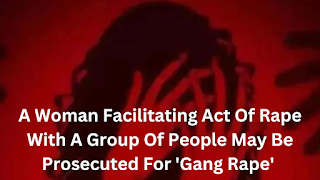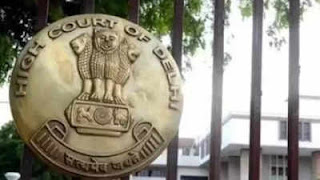While rejecting the insurance company's argument that it is not liable to pay anything as the rider was not holding a valid licence to drive the two-wheeler, the MACT had said that a male person who is competent to drive a Light Motor Vehicle cannot be expected to be incompetent in driving a two-wheeler
Observing that the presumption made by the MACT was without any basis, Justice Rekha Palli said that a person who can drive a four-wheeler cannot be automatically presumed to be competent to drive a two-wheeler since the skills required for driving the two vehicles are quite different.
While ruling that the MACT failed to observe that a Light Motor Vehicle and a two-wheeler have been placed in two distinct categories under the Motor Vehicles Act, 1988, the court said, “Merely because respondent no. 2 held a valid licence for a Light Motor Vehicle could not imply that he was authorised or competent to drive a two-wheeler.”
The court said the Record Clerk from Sarai Kale Khan Transport Authority, South Zone, had categorically stated before the tribunal that the private respondent was authorised to drive only a Light Motor Vehicle—Transport - LMV-TR (Commercial Vehicle), and not a two-wheeler.
The bench further observed that the high court in Bajaj Allianz General Insurance Co. Ltd. v. Akram Hussain & Ors., MAC.APP.306/2009, was dealing with a similar issue, where it has been held that it could not be assumed that every person who is competent to drive Light Motor Vehicle would be skilled in driving a two-wheeler as well.
Observing that it is evident that the offending vehicle was being driven by a person who did not have a driving licence for it, the court said it was a clear case where there was a breach of the terms and conditions of the insurance policy.
“Consequently, the finding of the learned Tribunal that the appellant was liable to pay the compensation is unsustainable and is set aside. The appeal is, accordingly, allowed by modifying the impugned award to the extent it does not grant any recovery rights in favour of the appellant by directing that the appellant would be entitled to recover the awarded amount from respondent no. 2 in accordance with law.”








